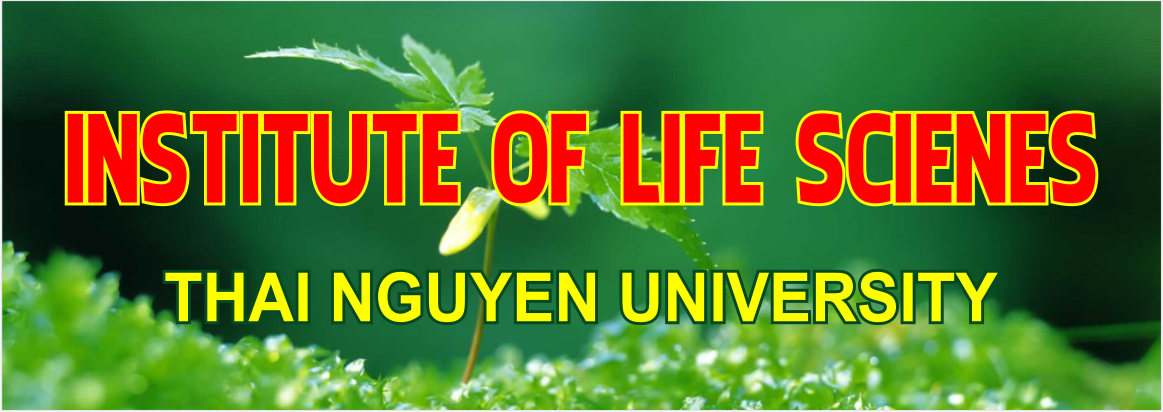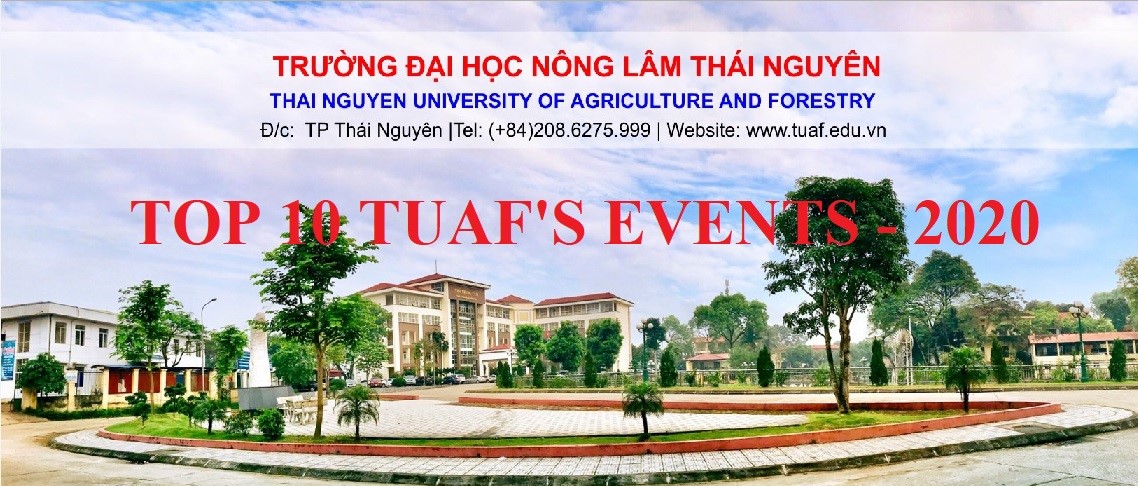Seminar on “Dispelling the mist – What you need to know about genetically modified food and agriculture”.
The seminar was conducted by the two major speakers; Dr. Michael Hansen (USA Consumer Association) and Mrs. Clare Westwood (a high- ranking adviser of operative network about pesticide in Pacific Asia). The speakers had continuously updated information from the newest researches about the genetically modified crops and activities of civil society organizations as well as people in the world through policies related to the use of the genetically modified food.
Accordingly, speakers said that the genetically modified crops seemed to bring many desirable traits such as high productivity, good resistance, reducing the severity of malnutrition and saving the lives of millions poor children etc. But practically, it is only the advertisements of national groups and companies producing plant variety.
Researches in some areas like France, India, China, etc, have pointed out several defects of the genetically modified crops such as unstable productivity, increasing the development of diseases, threatening biodiversity, not to mention the high price (as three times higher than usual) etc. 10 nearly years. Medical reports showed many cases of fetal congenital anomaly due to pregnant exposure to the genetically modified crop (through productive activities). This has denied the affirmations of transnational groups, companies that genetically modified food is generally safety to animal health.
Beside the scientific arguments, the experience of applying genetically modified crops in developed countries is still for Viet Nam to consider. Millions of Indian farmers got suicides because of debts after crop failure due to genetically modified crops were not adapted the harsh environment (as in advertising). First, the Indian government did not see the problem and still continued the approval for experimentally planting the genetically modified crops in the large area. To save themselves, farmers have done many flexible solutions to convince their leaders during the past 10 years. As a result, the Indian government said no with genetically modified crops.
In the recent years in Vietnam, many scientists also represent their doubts about the superior characteristics of genetically modified crops, and also warned people about the dangers of this kind of crop to human health, environment and economic aspects as well. Note that we need to be careful in testing and applying genetically modified crops in commercial cultivation.
Through this seminar, Speakers have emphasised the importance of civil society organization in orienting for consumers and advising government about policies relating to development of genetically modified crops.
- 475 students of K40 (2008 – 2012) received diploma (10/2012)
- Seminar: “Hi – tech Agriculture in the world and in Vietnam” (10/2012)
- The working visit of Seoul National University to TUAF (10/2012)
- Keele University (UK) to work at school. (10/2012)
- Happy New Year (Bun Py May) for Lao students On April annually, the atmosphere of spring diffuses in each class of Lao students studying in Thai Nguyen University of Agriculture and Forestr (10/2012)
- Japanese Earthnote company and Daiwa Institute of Research visited and worked with TUAF (10/2012)
- Rector of Thai Nguyen University of Agriculture and Forestry to meet President of Israel. (10/2012)
- JICA Organization visited and worked with TUAF (10/2012)
- Welcoming Mr. Robert Lynch, the Physics lecturer from UC Davis, to TUAF (10/2012)
- Yearbook Class K42B CTTT (10/2012)














